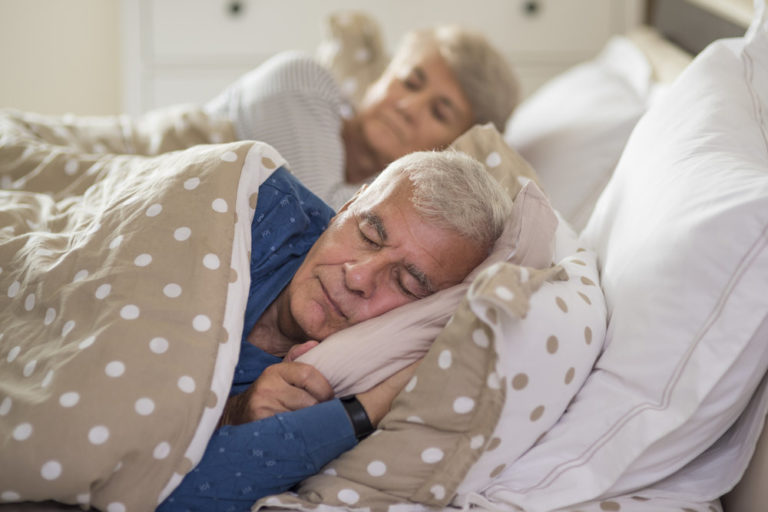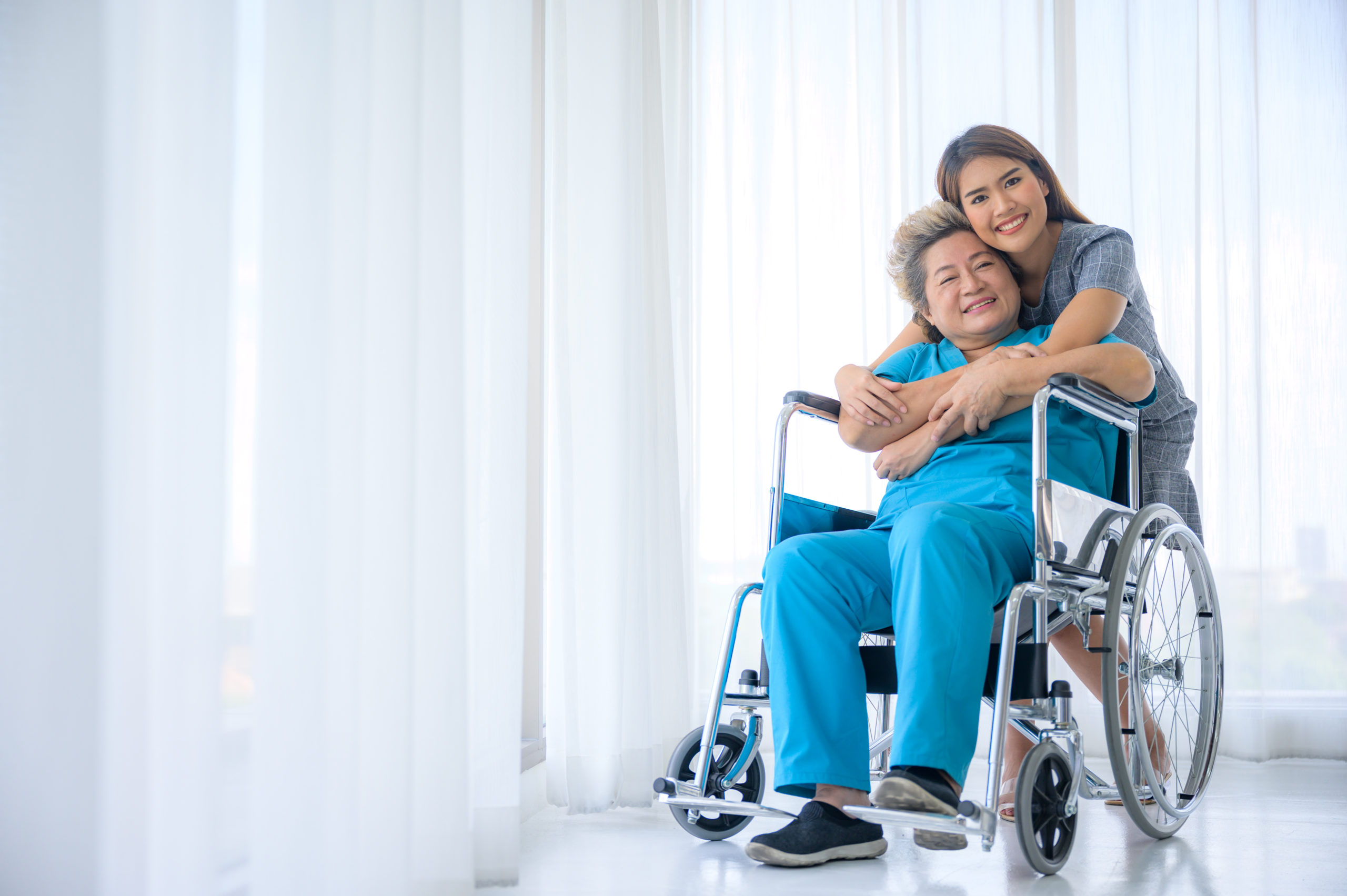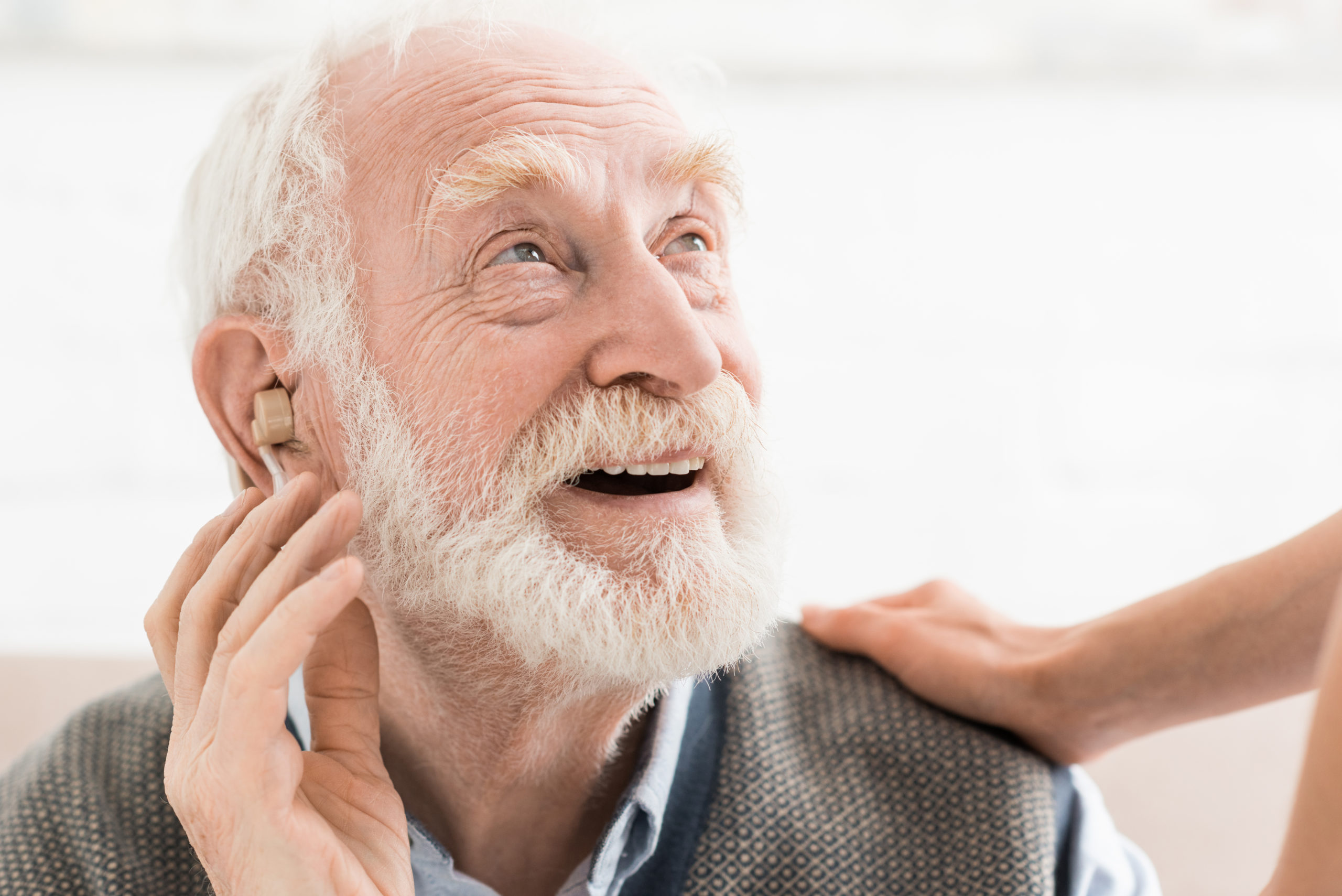Sleep is one of the keys for healthy living. Many people don’t realize that the elderly can struggle with sleep issues like insomnia quite a bit. Sleep deprivation in seniors is incredibly common. This is a serious issue that affects their health and well-being in many ways.
Almost everyone deals with insomnia now and again. But for over half of elderly people, it’s a regular and recurring issue. This is concerning because insomnia affects people’s quality of life. Sleep is what helps the body restore itself and repair its cells and tissues. Although seniors are known for going to bed early and rising early, the truth is they need the same amount of sleep as other adults. Changes to their sleep cycles should be treated the same way they would be for any other age group.
Insomnia makes it harder for people to focus during the day. People who don’t sleep well are more likely to be depressed and to have trouble remembering important information. Senior sleep deprivation can sometimes start to look like symptoms of more serious conditions. It’s important for family members and clinicians to be on the lookout for issues like insomnia, because it can influence the way older people are diagnosed and treated.
The elderly are more susceptible to causes of insomnia that other age groups don’t deal with. For example, they are more likely to take medications that disrupt the sleep cycle. They are more likely to have conditions like restless leg syndrome and arthritis that cause discomfort and keep them awake. Elderly people are also more likely to wake up in the middle of the night to use the restroom. Sometimes, making changes to prescriptions or physical therapy routines can positively influence sleep patterns.
There are also lifestyle changes older adults can make to support sleep. Getting exercise daily and keeping the room temperature cool have both been shown to help people fall asleep. Going to bed at the same time each day is also helpful in helping your body reset its clock. Finally, don’t be afraid to tell a physician about insomnia. They can run tests for conditions like sleep apnea that are easily treated.











